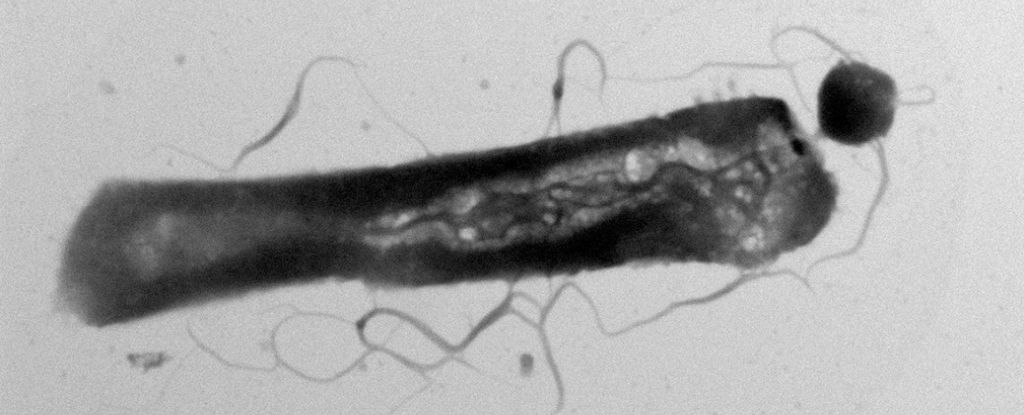Plants, Vol. 13, Pages 1073: Transcriptome Analysis for Salt-Responsive Genes in Two Different Alfalfa (Medicago sativa L.) Cultivars and Functional Analysis of MsHPCA1
Plants doi: 10.3390/plants13081073
Authors: Qican Gao Ruonan Yu Xuesong Ma Hada Wuriyanghan Fang Yan
Alfalfa (Medicago sativa L.) is an important forage legume and soil salinization seriously affects its growth and yield. In a previous study, we identified a salt-tolerant variety ‘Gongnong NO.1’ and a salt-sensitive variety ‘Sibeide’. To unravel the molecular mechanism involved in salt stress, we conducted transcriptomic analysis on these two cultivars grown under 0 and 250 mM NaCl treatments for 0, 12, and 24 h. Totals of 336, and 548 differentially expressed genes (DEGs) in response to NaCl were, respectively, identified in the ‘Gongnong NO.1’ and ‘Sibeide’ varieties. The Kyoto Encyclopedia of Genes and Genomes (KEGG) and Gene Ontology (GO) pathway enrichment analysis showed that the DEGs were classified in carbohydrate metabolism, energy production, transcription factor, and stress-associated pathway. Expression of MsHPCA1, encoding a putative H2O2 receptor, was responsive to both NaCl and H2O2 treatment. MsHPCA1 was localized in cell membrane and overexpression of MsHPCA1 in alfalfa increased salt tolerance and H2O2 content. This study will provide new gene resources for the improvement in salt tolerance in alfalfa and legume crops, which has important theoretical significance and potential application value.

 3 weeks ago
19
3 weeks ago
19

